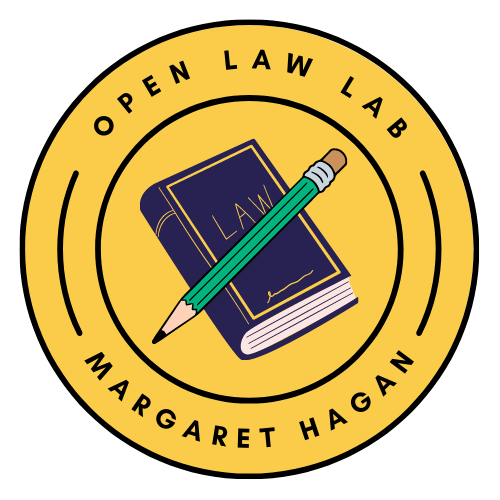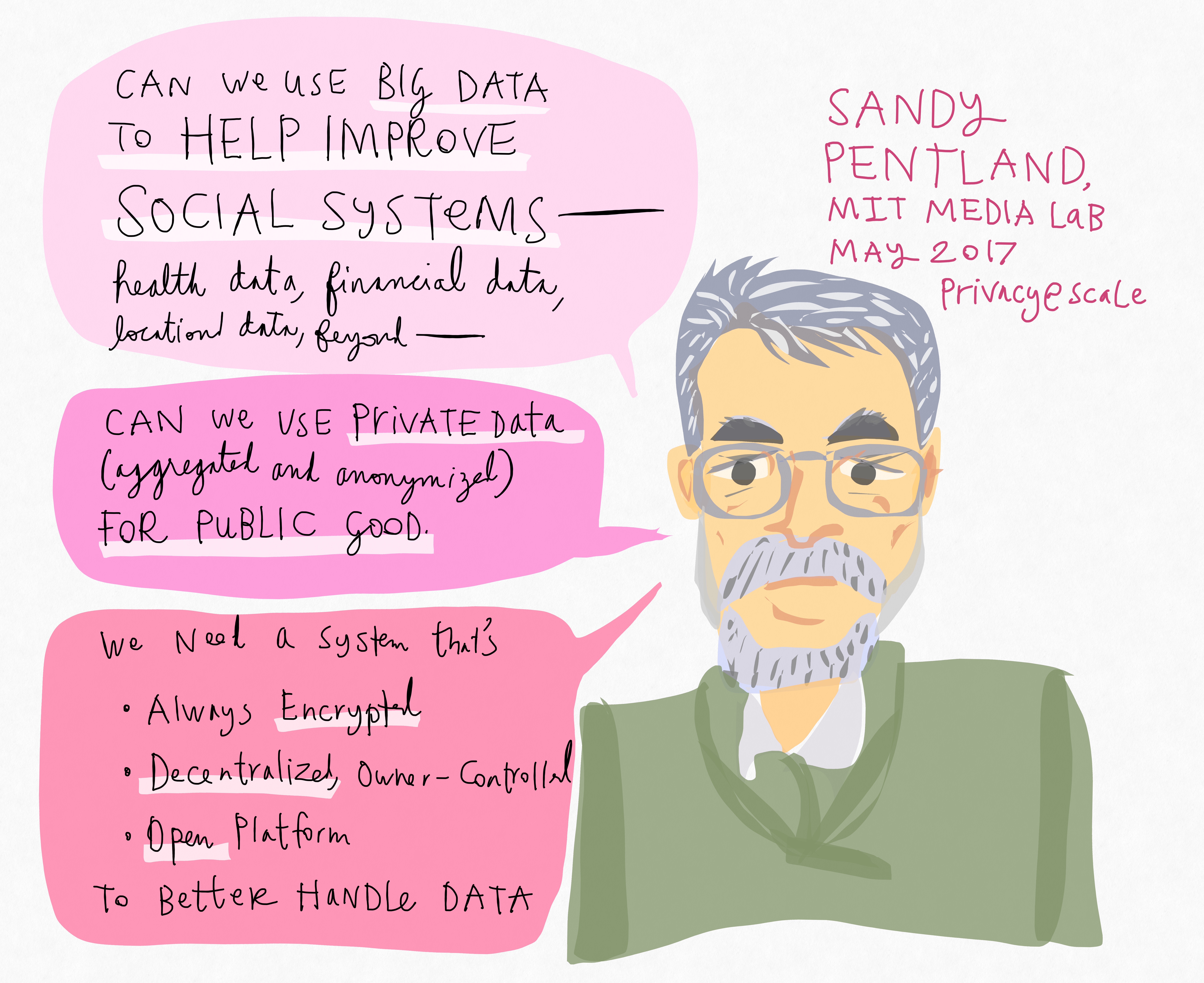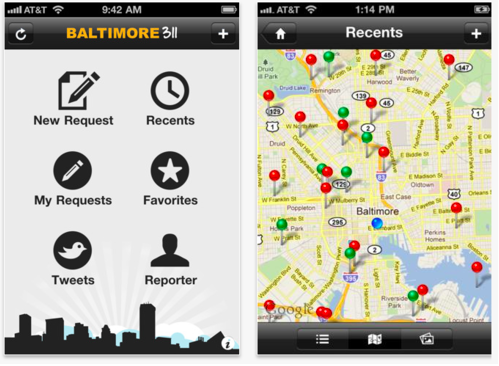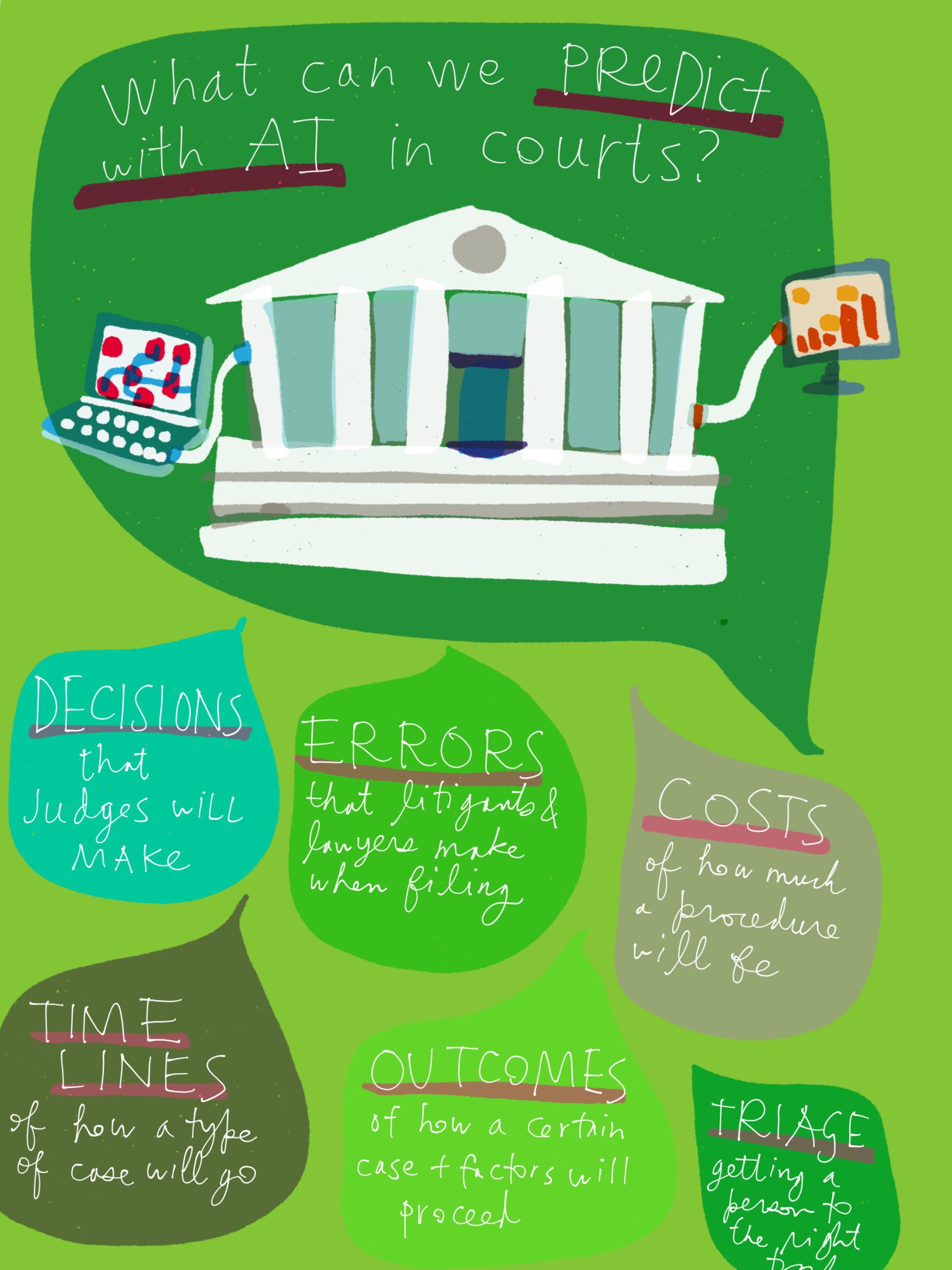Yesterday I spoke at Facebook’s annual Privacy@Scale conference, all about how we can use data ethically and respecting people’s privacy and empowerment. The keynote was from Sandy Pentland, a professor at MIT’s Media Lab, who spoke about his Open Algorithms project — and the mandate he’s setting out for better use of big data for public good, done through ethical, user-centered methods.
As we gather more data, can we deploy them for more interventions to alleviate poverty, hunger, and targeted social services?





1 Comment
This is a very big and difficult question. Of course, everyone will think immediately of the individual’s privacy rights… which they freely give up to Facebook for example.
But from another viewpoint, should the courts use credit information to set a reasonable financial penalty versus the default one set by statute… which was essentially a guess as to what is “fair” to everyone? Similarly the use of social media (hence the reference to Facebook above) to find someone to serve a warrant or summons? Or to use Facebook/Twitter/Snapchat/etc. to communicate with the individual if that is their preference?